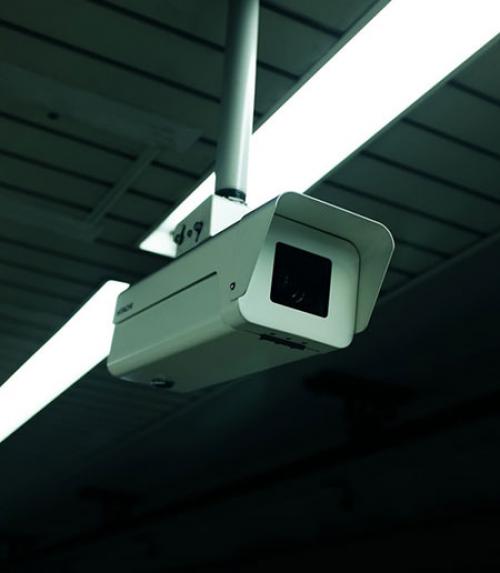
 Department Homepage
Department Homepage
 Department Homepage
The College of Arts & Sciences
Department Homepage
The College of Arts & Sciences
Climate of Fear
This is an episode from the “What Makes Us Human?” podcast's fifth season, "What Do We Know about Inequality?" from Cornell University’s College of Arts & Sciences, showcasing the newest thinking from across the disciplines about inequality. Featuring audio essays written and recorded by Cornell faculty, the series releases a new episode each Thursday through the fall semester.




